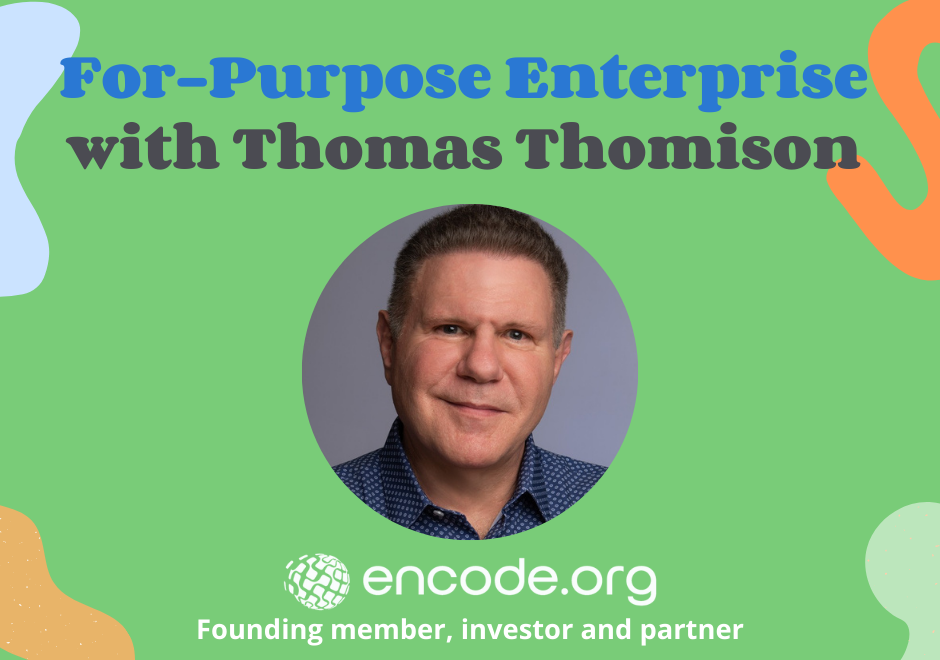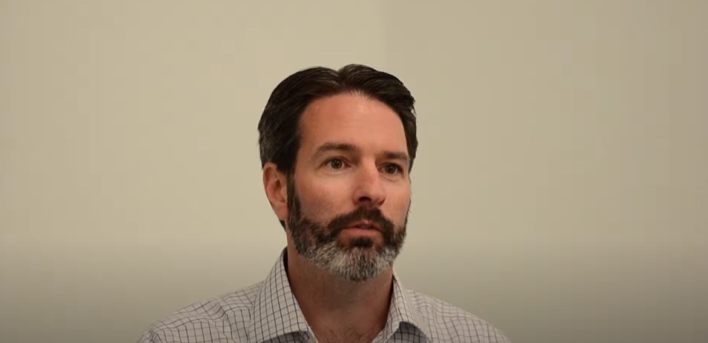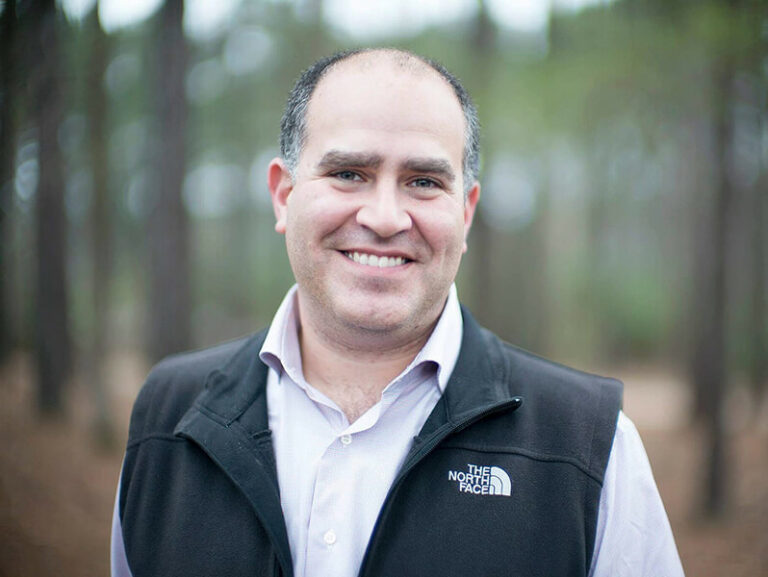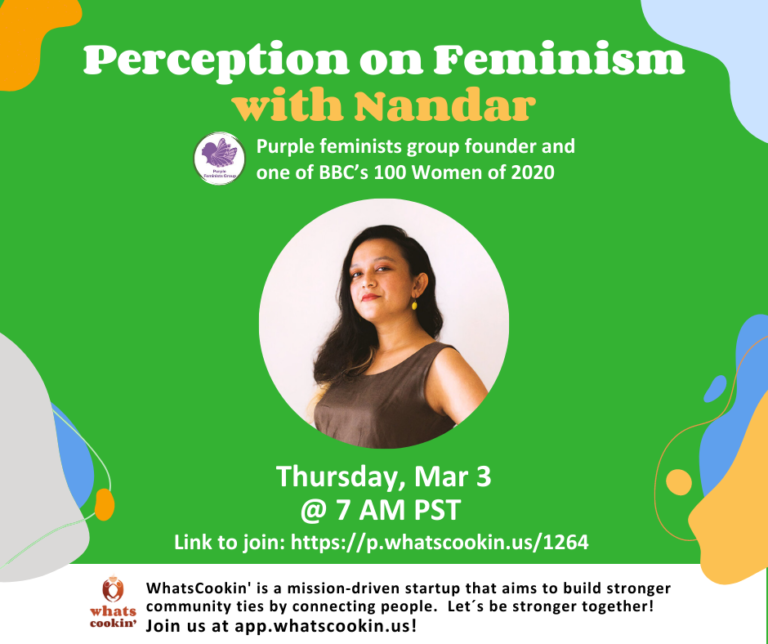A future without employees
Reporting on For Purpose Enterprise with Thomas Thomison
One of the things that has been a constant since I started working on WhatsCookin’ it’s learning new things almost every week. The Speakers Series has been an incredible opportunity to hear about new concepts and different ways to manage an enterprise straight from the people that create or discovered them.
The latest oppor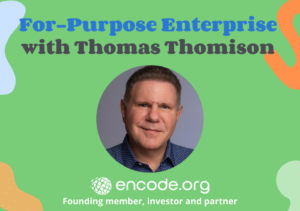 tunity was with Thomas Thomison, co-founder of HolacracyOne and founding member, investor, and partner, of Encode. He told us how he got the opportunity in his earlier years to work with a lot of management consultants that were trying to make work-life better and how he felt demoralized when time and time again the changes didn’t really stick because the organizations didn’t really change; the leaders, the power holders, and the structures were still the same. That’s how he got to the mid-2000s, tired of trying and failing in the search of a way to think about work and organizing differently and effectively when he ran into Brian Robertson at a conference who was experimenting in Ozone software company around different ways of coming together to do work. They spent roughly a year getting to know each other and in 2007 they formed HolacracyOne, an organization operating system, a set of rules that the enterprise agree to in order to coordinate efforts to get work done.
tunity was with Thomas Thomison, co-founder of HolacracyOne and founding member, investor, and partner, of Encode. He told us how he got the opportunity in his earlier years to work with a lot of management consultants that were trying to make work-life better and how he felt demoralized when time and time again the changes didn’t really stick because the organizations didn’t really change; the leaders, the power holders, and the structures were still the same. That’s how he got to the mid-2000s, tired of trying and failing in the search of a way to think about work and organizing differently and effectively when he ran into Brian Robertson at a conference who was experimenting in Ozone software company around different ways of coming together to do work. They spent roughly a year getting to know each other and in 2007 they formed HolacracyOne, an organization operating system, a set of rules that the enterprise agree to in order to coordinate efforts to get work done.
What distinguishes Holacracy from the established traditional forms of organizing is that in most organizations they follow with leadership and use a management hierarchy to get things done. However, Thominson tells us:
“Holacracy changes the way we think about power, changes the way we coordinate efforts and replaces that management hierarchy with something else”.
With Holacracy, the structure changes and there is no power held by a central authority. The person that once had this power, surrenders the authority that they have into a set of rules driven by the enterprise purpose and then invites everyone to play by the same rules, leveling the playfield between everyone working there.
Nevertheless, Holacracy was just the beginning because there was a need to completely break the mental paradigm of what an organization is. The power is still held in the legal structures, like owners, directors, shareholders, voting rights, things that haven’t been changed in a long time, and which rules are very archaic and mostly respond to the interests of the shareholders; to making money and not necessarily the purpose of the company. And that’s what impulsed the creation of Encode in 2014, the need to improve the legal structure and make it embrace the same principles of purpose and organic visibility. Encode works by upgrading the legal code in the US, Argentina, Netherlands, Germany, and Austria, so it embraces these principles that we care about, and thus making a legally valid entity type of legally valid structuring to encode all of these principles so that anyone can start a for-purpose enterprise legally.
For Tom Thomison, the most important thing about this is that with the legal shift, there is no longer a need for employees because now they can become equal member partners. Encode creates a context where we can be independent agents, have relationships with multiple organizations, or even hold multiple roles in one organization. And this to me is a completely new perspective that I’m sure will help me see things differently in the future.

